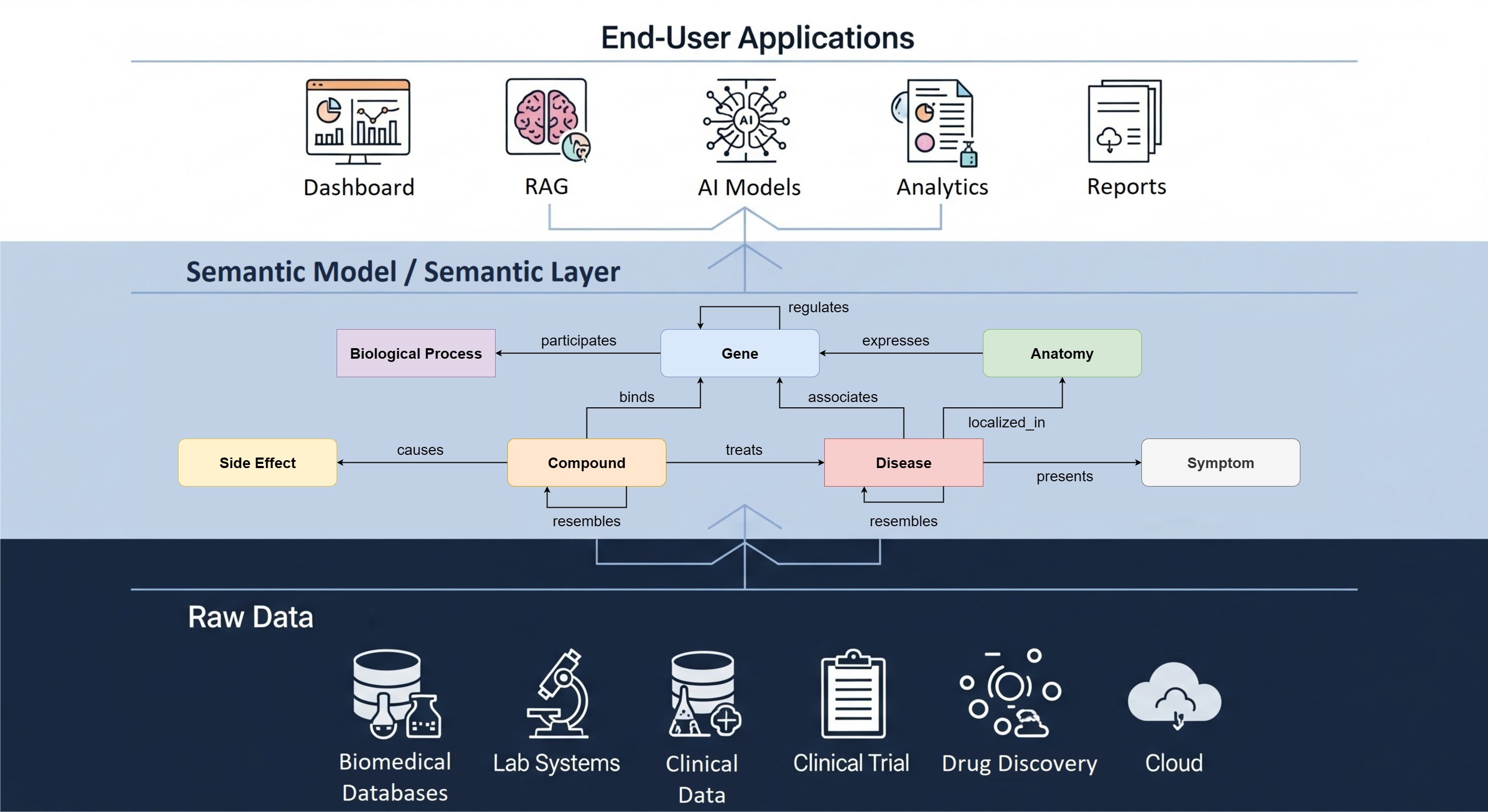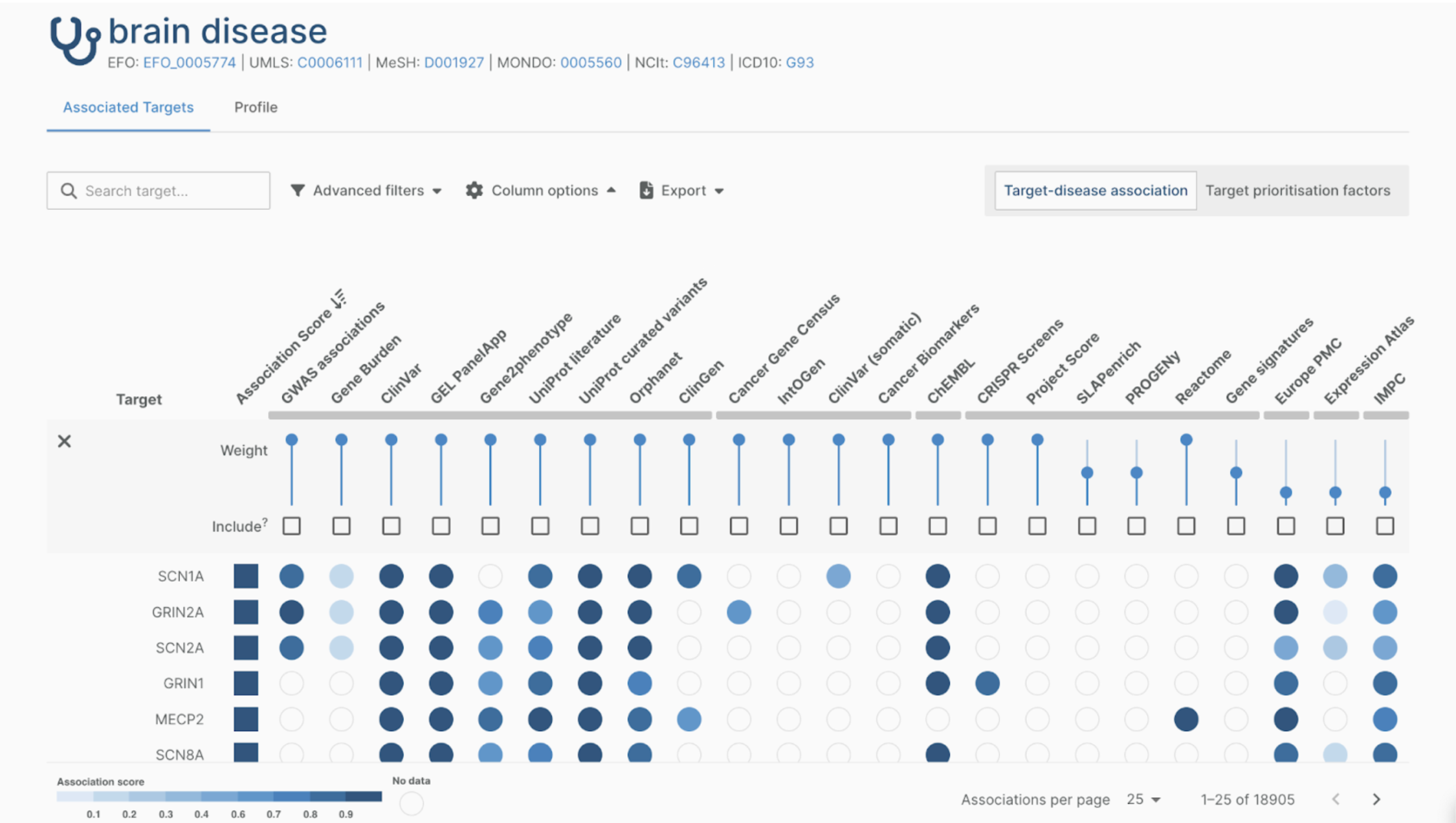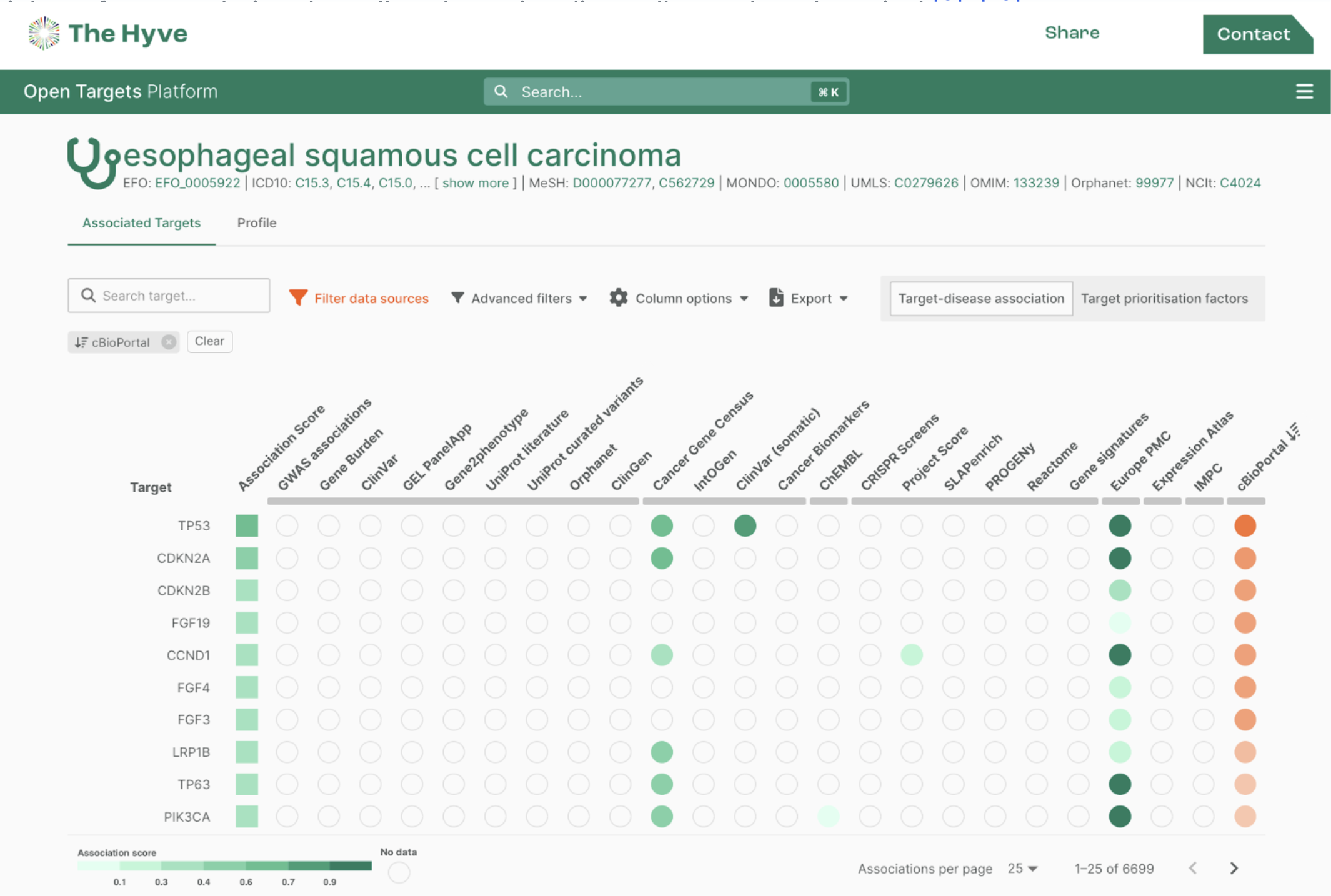From source data to reliable evidence - everything you need to know
The OHDSI approach to RWD and RWE
The Observational Health Data Sciences and Informatics (OHDSI) global initiative was established in 2014, at a time when there were few standards for observational data collection and management. The OHDSI initiative was formed to promote the use of observational health data for scientific research. The OHDSI community has since focused its efforts on developing a common data model and standard vocabularies, along with tools and methods for Real World Data (RWD) harmonization and analysis. Collectively, the OHDSI approach enables the effective generation of reliable Real World Evidence (RWE).
One of the key achievements of the OHDSI initiative was the development of the Observational Medical Outcomes Partnership (OMOP) Common Data Model (CDM). This model allows for easier, privacy-preserving analysis of a wide range of data types from different sources. Over time, the OMOP CDM has been widely adopted by researchers and organizations around the world, becoming the standard for harmonizing observational health data in academia and industry.
The OHDSI community has also put forth a number of tools and resources that support observational health data science. Some notable tools include the ATLAS platform for cohort development and data visualization, the Data Quality Dashboard (DQD) and ACHILLES tools for data quality assessment, and the multiple R packages in HADES for data analysis. The Hyve is an active member of the OHDSI community. Our RWD team maintains the White Rabbit, Rabbit-in-a-hat, and USAGI tools in the OHDSI suite. These tools are respectively used for data profiling, preparation of ETL data harmonization pipelines, and creating code mappings to standard concepts in the OMOP CDM.
Nowadays, the use of routinely collected healthcare data for generating reliable medical evidence is rapidly growing. Effectively, RWE provides additional information to the evidence generated via randomized clinical trials. The OHDSI initiative is at the forefront of this movement, collaborating worldwide to promote the use of RWD for healthcare research.
Are you looking to learn more about data harmonization and the options for large-scale analysis of Real World Data? Look no further than The Hyve’s introductory OHDSI workshops!
The Hyve’s modular OHDSI workshops
The future of health research and healthcare is expected to be grounded in decision-making and optimization processes, driven by domain-specific types of actionable RWE. Now is the right time to learn how to:
using OHDSI tools to harmonize variable observational health data sources in OMOP CDM
set up your source data types for effective RWE generation
enable much-needed data-sharing collaboration between multiple Data Partners
The Hyve OHDSI workshop modules offer a comprehensive introduction to RWD harmonization and analysis, as well as subsequent RWE evidence generation. In the sessions, we share our knowledge, experience, and best practices with regard to the OHDSI tools and processes. We provide customized content, conversational Q&A opportunities, and hands-on training exercises tailored to relevant use cases. In this way, The Hyve workshops are optimized for maximum engagement and knowledge retention.
OHDSI workshops are suitable for individuals and organizations including:
Data Engineers interested in understanding how to harmonize highly variable native datasets from different sources in OMOP CDM
Researchers & Clinicians in the fields of medical informatics, epidemiology, and other related fields who are interested in using observational health data for research or medical practice
Data Scientists interested in learning about observational health data science and how to use the OHDSI tools and resources for data quality assessment, data analysis, and visualization
Organizations interested in using observational health data for RWE generation
What to expect from the workshops?
Learn the basics of real-world evidence generation
The workshops provide an introduction to the field of large-scale RWD analysis and how the OHDSI initiative encourages the use of observational health data for scientific research and RWE.
Understand the value of data standardization
The workshops instruct attendees on the importance of data standardization and how OHDSI’s common data model and standard vocabularies enable effective data harmonization.
Introduction to new methodologies, tools, and techniques
The workshops introduce the latest methodologies, tools, and techniques used in observational health data science to attendees.
Insight into OMOP CDM database access & OHDSI tools management
The workshops cover topics related to accessing and managing observational health data, such as infrastructure setup, connecting OHDSI tools and working with data in the OMOP CDM.
Workshop content tailored to your specific use case
The RWD harmonization field incorporates many different use cases leading to various data engineering challenges. Different RWD use cases depend on the topics that researchers are studying and what they want to learn from the data. In turn, the workshop content and OHDSI exercises need to be tailored to the specific research domain and goals.
Up-to-date workshop materials selected by our OHDSI experts
Key to effective workshops is demonstrating how the presented concepts and tools can be applied in real world scenarios. Therefore, the workshops cover case studies from organizations and consortia that have used observational health data in their research. By focusing on specific use cases, workshop participants better understand the potential of observational health data and how to implement the solutions for their own RWD work.
To tailor the workshops to the client’s organization and gain maximum participant engagement, The Hyve’s experts actively collaborate with client teams to align the workshop content to their needs. We take into account the professional roles of the attendees, their background knowledge and experience with real world data, as well as the broad goals set for the workshops.
Hands-on OHDSI exercises tailored to specific use cases & needs
In addition to use-case-driven content, the workshops include customized exercises using various OHDSI tools. For example, if workshop participants want to learn more about best practices for data profiling or semantic mapping of specific source data concepts to standard concepts in the OMOP CDM, the workshop would include exercises using the OHDSI data profiling or semantic mapping tools. Similarly, if workshop participants aim to learn more about the data quality aspects of data in OMOP CDM, the workshop would include exercises that use and configure the data quality tools Achilles and DQD in use-case-specific ways. Overall, customizing exercises to the needs and requirements of the attendees also ensures that they get most value from the workshops.
What is included in The Hyve’s OHDSI workshops?
The training materials in The Hyve's workshop provide essential information and fundamental concepts to help individuals start with the OHDSI approach to RWD and RWE. Although the OHDSI community is continually expanding, and the tools and processes are frequently changing, the knowledge acquired during the workshops is expected to remain useful in the near future, for at least approximately three years. Additionally, the workshop training materials can offer long-term benefits as these often serve as an onboarding package for new team members or departments interested in working with OHDSI tools.
Depending on the client’s needs and budget, the workshop may cover a selection or all of the following workshop materials:
comprehensive slide decks (always)
recordings of the workshop sessions (always)
homework exercises
review quizzes
OHDSI-in-a-box server, an environment hosted by The Hyve that enables live training exercises
custom materials are possible too, we are glad to learn about your requirements
Your OHDSI journey after the introductory workshops
Our experience with adapting and constantly improving the workshop content and the OHDSI training exercises ensures that The Hyve’s workshops are engaging, relevant, and useful for the attending Client team. Participants leave the workshop with a deeper understanding of how to leverage real world data and the OHDSI tools and resources, as well as with a sense of the possible next steps to take in their OHDSI journey.
Coupled with OHDSI workshops, The Hyve experts provide on-demand consultancy services. Following the introductory workshops, we continuously answer questions that come up when workshop participants put their new found knowledge into practice. In dialogue with your team, The Hyve can help with developing a roadmap describing the next steps to take in your OHDSI journey.

What do participants say about the workshops?
Our workshops have been received with great enthusiasm and engagement from the participants from several organizations. Alexis Sentís Fuster (Epidemiologist at Centre for Epidemiological Studies of Sexually Transmitted Disease and AIDS in Catalonia, Spain) shared his impression after having attended one of our OHDSI workshops:
"The workshops provided by The Hyve were very helpful to understand and perform all the processes needed to transform our cohort data into the common data model (OMOP) and use the cutting-edge OHDSI tools for analyzing observational studies. We are glad to have been introduced to the OHDSI real-world data platform and networks by the experts of The Hyve."
For more information on past workshops in which The Hyve’s team helped to kickstart the OHDSI journeys of client teams, please browse these articles:
- OMOP/OHDSI workshop facilitates implementation of Finnish federated health research network
- Increasing the understanding in cohort definition and diagnostics using the OHDSI tools
- Facilitating the start of yet another OHDSI journey: Welcome UVA Health!
- Interactive Workshop kickstarted UCLH and NHS Foundation partners’ OHDSI journey
Modular workshops - get the right content!



